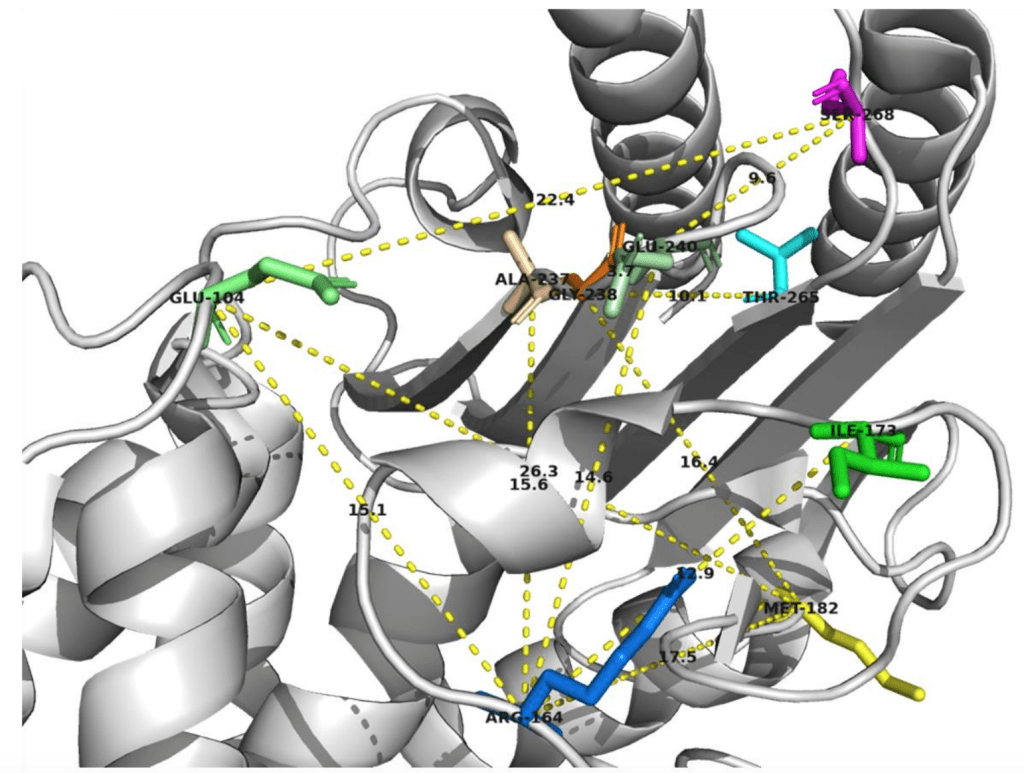
Modeling Epistasis during Adaptive Evolution: One of the key areas of the Camps lab’s research is the study of adaptive evolution, where new biochemical activities emerge through the combined effects of multiple mutations. We have made remarkable progress in understanding the non-linear interactions between these mutations, a phenomenon known as epistasis. Collaborating with Dr. Rachel Karchin at Johns Hopkins, we have developed predictive models of epistasis based solely on sequence data, without the need for complex structural or biochemical information. These models have wide-ranging applications, such as studying antibiotic resistance genes or genes involved in resistance to chemotherapeutic agents undergoing directional selective pressures. Moreover, our investigation of HIV reverse transcriptase sequences using graph-based dimensionality reduction techniques has provided valuable insights into detecting non-linear dependencies.
